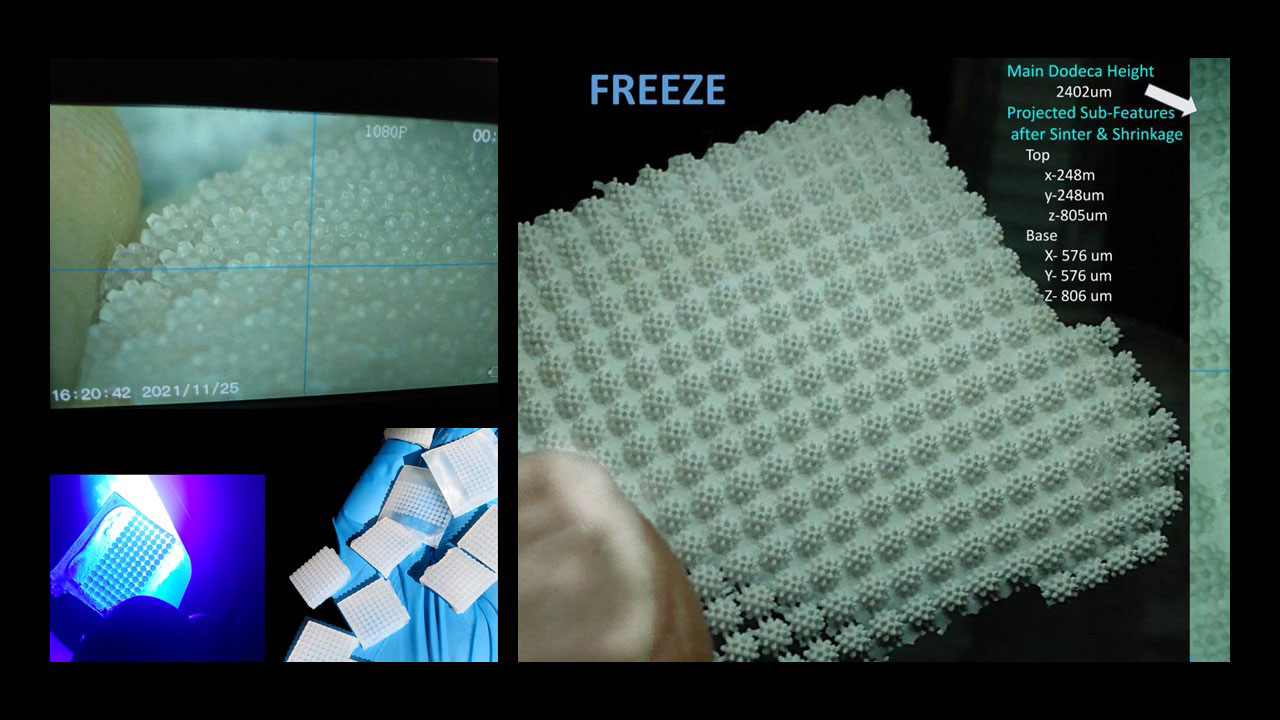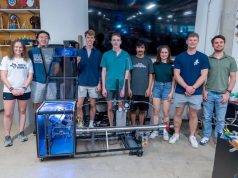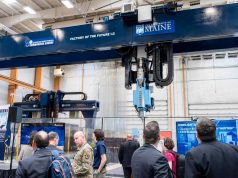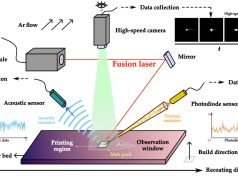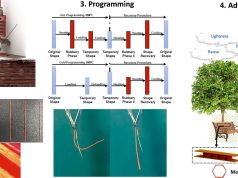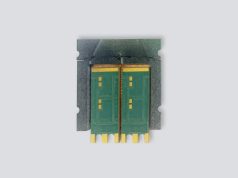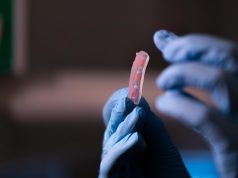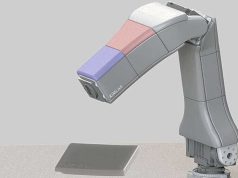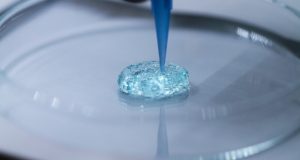Scientists at the University of Maryland (UMD) have developed a novel process for ultrafast ceramic production. The so-called “Ultrafast High-Temperature Sintering” technique makes it possible to sinter ceramic materials within seconds instead of hours.
According to UMD, this represents a fundamental advancement in manufacturing technology that dates back more than 26,000 years. The newly invented process uses a combination of radiant and contact heat to achieve very rapid and uniform heating of the material up to 3000°C.
The entire process takes less than 10 seconds, more than 1000 times faster than conventional furnace sintering. This allows a wide range of ceramic materials to be efficiently produced for applications such as solid-state batteries or fuel cells, the researchers said.

The technique was developed under the leadership of Professor Liangbing Hu at UMD’s Center for Materials Innovation and refined with several partner universities. Hu said it could be easily applied to other classes of materials, leading to new discoveries in materials research. The study on this was published May 1 in the journal Science (DOI: 10.1126/science.aaz7681). Chengwei Wang, an assistant researcher in Hu’s group, was first author of the study.
The process is already being commercialized through UMD spinoff HighT-Tech, which specializes in high-temperature technologies. It promises not only efficiency gains, but also entirely new opportunities for ceramics manufacturing through ultra-short process times.
Subscribe to our Newsletter
3DPResso is a weekly newsletter that links to the most exciting global stories from the 3D printing and additive manufacturing industry.



